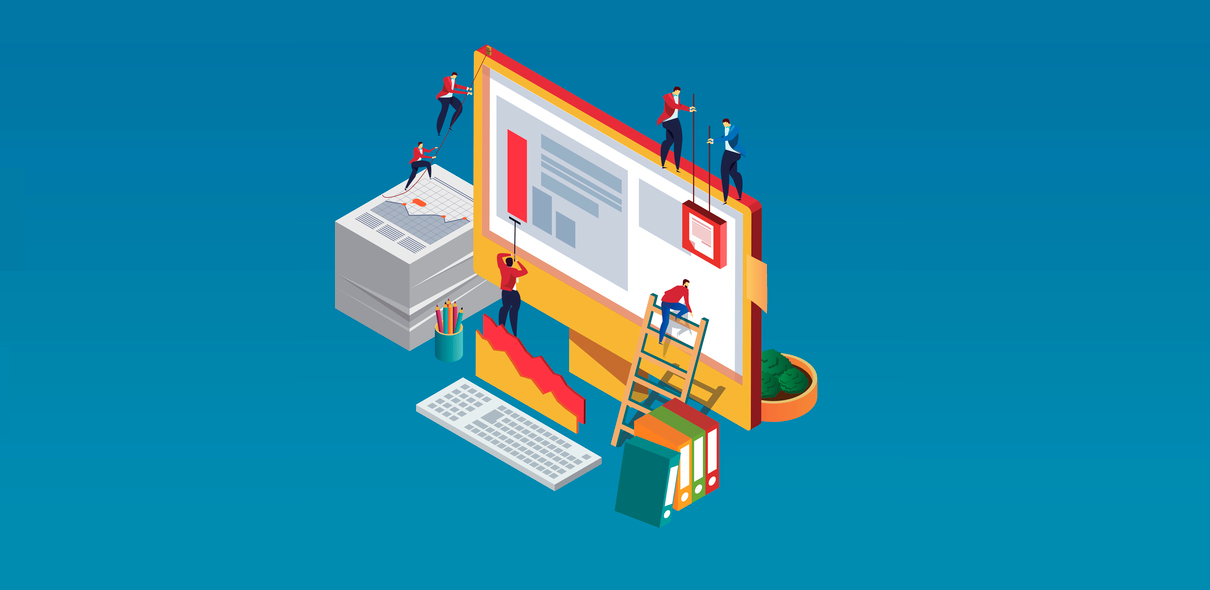One of the main sources of municipal government income is the property tax or real estate tax, although in most of the countries of Latin America and the Caribbean (LAC) the value collected has a low relative weight with respect to GDP, on average 0.39% of GDP vs 1.1% in OECD countries.
In more than 16,000 municipal governments throughout LAC, there is a strong demand for technological solutions capable of modernizing local tax administration, while also expanding the resource capacity for responding to the needs of the public. We believe that these technological solutions are already being used in some contexts and that we can adapt these same tools to the needs of other municipal governments. Our vision is to scale the impact and maximize the value of these tools with their reuse, transforming software into a public good.
Do you know a digital tool for improving tax administration that could be reused by other governments in Latin America and the Caribbean?
On behalf of the Inter-American Development Bank, we are looking for digital tools for the second Code Expedition as part of Code for Development, this time, focused specifically on the identification of tools that support the improvement of local tax administration.
The tools we seek should support improvement in any of the following areas:
1 Updating cadastres
Cadastres are the inventory of parcels within a given municipality. Keeping these records updated is essential to accurately reflect the limits of each property and, therefore, have information to determine the value to be taxed. It is also important to have reliable and accurate information that reflects the legitimate property rights of these assets.
Functionalities of a relevant digital solution
This type of application could contribute to the agile updating of the information about the properties and their characteristics, estimation of cadastral values, use of sample data to carry out massive appraisals, use of cadastral information for calculations of contributions for improvements and / or application of instruments of capital gains; use of geospatial information to estimate the territorial fiscal impact of tax increases, and a better interoperability between registry and cadastre systems.
2 Online payments
Here it is a question of facilitating compliance with tax obligations, making tax payments or other contributions can be made online in a manner convenient for the taxpayer. Specifically, it is about municipal governments being able to offer digital applications or local tax payment interfaces that are friendly and intuitive for taxpayers.
Functionalities of a relevant digital solution
Enable online payments to be made instantly from mobile devices; have access to information about tax duties and account balances; schedule automatic payments; and adopt payment plans in such a way that these adjust better to the real financial capacity of the taxpayer, among others.
3 Tax audits
The tax audit comprises a series of actions that aim to encourage taxpayers to comply with their tax obligation, taking care of a correct, comprehensive and timely payment of taxes. It includes the control of tax compliance, the detection of taxpayers who evade taxes, the prosecution of tax fraud, and the audit presence.
Functionalities of a relevant digital solution
Facilitate the massive control through data crossings that allow to detect inconsistencies in tax declarations for its later clarification; application of digital solutions that identify groups of specific taxpayers that show a greater breach of tax obligations; and monitoring and monitoring of evasion prosecution activities, among others.
4 Transparency in the use of resources
This point, like the previous one, is essential to foster democratic quality. It is about making the municipal tax information available to the general public, so that anyone can review and study it. In the corresponding cases, it can also be used as a sanctioning mechanism.
Functionalities of a relevant digital solution
Finally, in this case it would be useful to have an application capable of correlating the taxes raised with their subsequent uses in the municipality. The idea is that every citizen is informed of the plans and projects that the municipality has in its neighborhood and of the public services that are offered, so that the population perceives that the taxes are being well used.
How can I participate?
- Identify an open-source digital tool that could support the improvement of one or more of these areas for subnational tax administration (read the publication guide). It is not necessary for you to be the developer or user of the digital tool to nominate it. Visit the Terms and Conditions page of the contest which explains in detail how to make an eligible nomination.
- Nominate a tool on the Code for Development page until March 4, 2018 at 11:59pm (Eastern Time, USA). On behalf of the IDB we will review the nominations based on their technological content and relevance to the challenge of improving tax administration.
- Share the Call for Nominations with as many people as possible!
And then, what happens next?
Once the nominations have been received, they will be evaluated, taking into account both their technological content and their ability to improve tax management. As indicated above, and based on this evaluation, a set of tools will be selected that will be included in the IDB’s Code for Development platform. In addition, the representatives of the three selected tools that obtain the highest scores will be invited to a knowledge exchange workshop at the IDB.
During this exchange, representatives of the participating entities, tool developers and IDB specialists will have the opportunity to learn about the experiences and practices surrounding the subnational tax administration and plan the development of the project “Digital Solutions for Local Taxation”. This workshop will be held in Washington, D.C. on April 4 and 5, 2018.
To learn more about this initiative, visit the blog Recaudando Bienestar to read more about the IDB’s second Code Expedition.
By Huáscar Eguino, Lead Specialist for Fiscal Management at the IDB and Kyle Strand, Senior Knowledge Management Specialist at the IDB


Leave a Reply